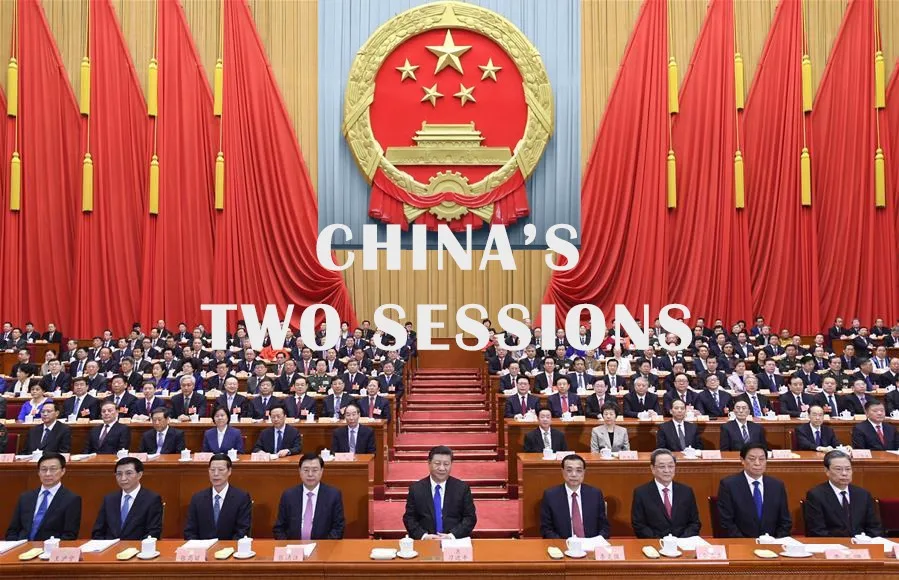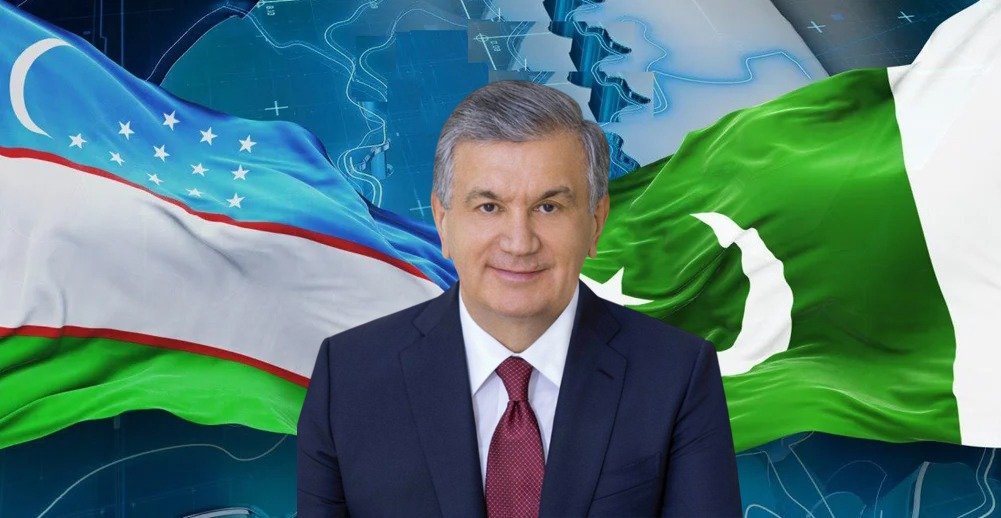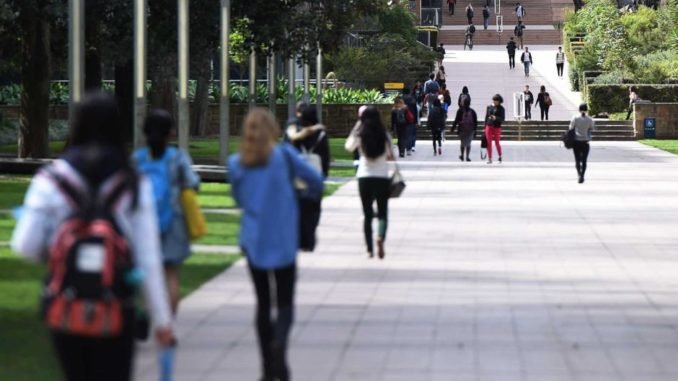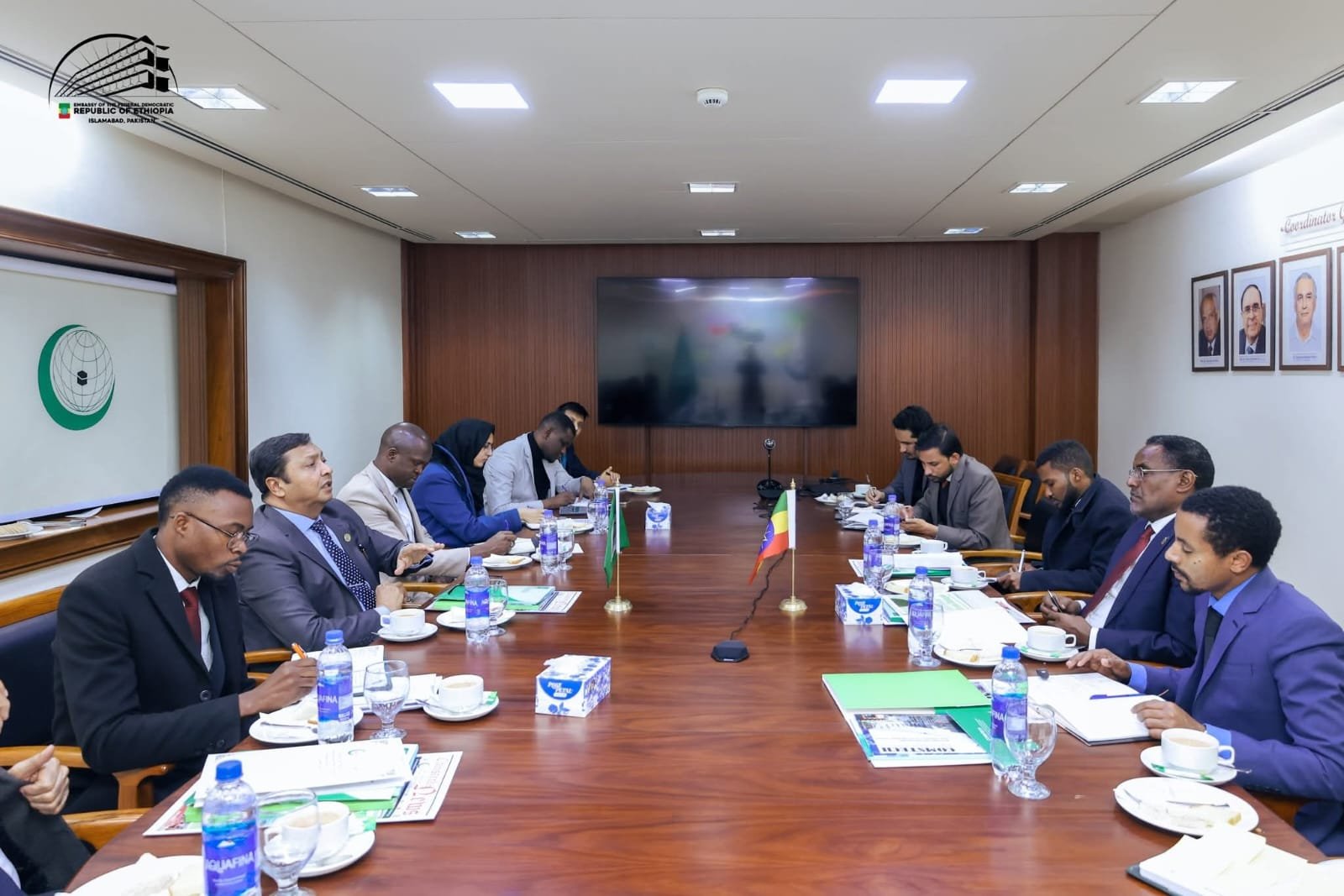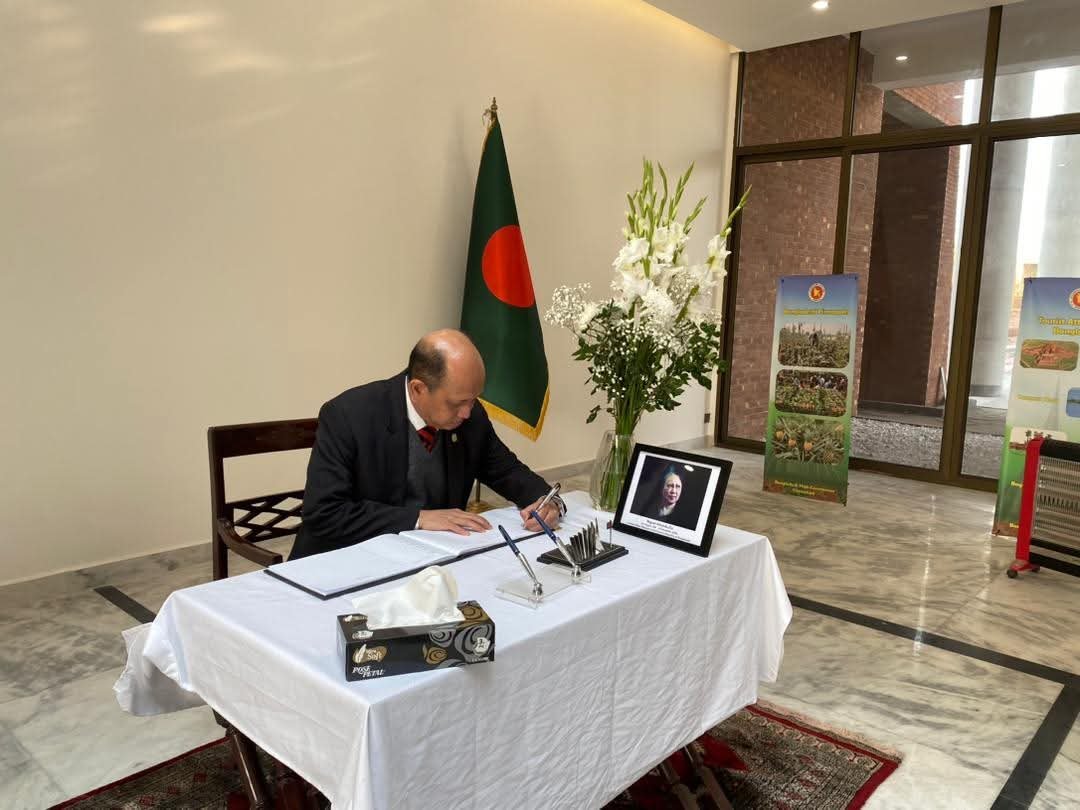Introduction
The themed event is called “two sessions” granted that the National People’s Congress (NPC) and the Chinese People’s Political Consultative Conference (CPPCC) hold their annual conferences separately and at the same time. The CPPCC, which is the consultative body, comprises 3,000 members, while the National People’s Congress (NPC) is the CCP’s legislative body, but is merely a “rubber stamping” parliament. The “two sessions” (lianghui) are the annual conferences of the Chinese People’s Political Consultative Conference (CPPCC) and the National People’s Congress (NPC), which is the National People’s Congress (NPC), the highest legislative body of China. Normally, it takes a week or two. On the 5th of March, the Naperville Partnership Committee (NPC) is having its first meeting. Membership stands at more than 2,000, with the CPPCC being an advisory body that mostly takes on a ceremonial role. The beginning of the meetings is on the day before while they end together. The CPC, which has over 88 million members, is a supreme state body in the constitution, but it is the ruling Communist Party that is actually the one with more power in real life. The Party also meets yearly to discuss legislation, and elections of all executive positions, except for that of the President and Vice President, which belong to the State Council, the Cabinet-like organ of the State. Approximately 170 members of NPC Standing Committee which is the top body of the committee, convenes more regularly to meet more frequently in order to the laws to be passed. The power of the Standing Committee to amend the Basic Law, which is Hong Kong’s mini-constitution, is also enabled.
The CPPCC convenes its general session, which decides on amendments to the charter, elects a Standing Committee, to run the day-to-day affairs of the institution, and also the resolutions on the “major working principles and tasks” of the National Committee.
Somehow, the hosting of Two Sessions successively expresses firmly the willpower of China for the opening up and the reform. Since the late 1970s the economic reforms initiated by China led to a significant economic rise and as result hundreds of millions of people experienced a reduction of poverty and China became a key contributor to global economic growth. While some of its actions give an impression of China’s being uncomfortable with further promoting market liberalization, institutionalization of the rule of law, and deepening reforms, it still seeks accomplishing the same. China has set a goal to earn more money by focusing on deals, business development and projects with the concept of sustainability where the market is operating freely, predictably, and favorably for business.
Efforts to strengthen the Unity
Every year, the Great Hall of the People is a place where so many issues – leadership, economy and foreign policy – are discussed. It is in this meeting that the NPC and the CPPIK, which are the main conference bodies, which consist of the national and of the highest officials, delegates, experts and businessmen from all sectors of society. These two sessions will provide a forum for dialogue, mediation, compromise, and lead to the unification of China and the development of China’s social and economic models.
As the world’s second largest economy and a force on the global landscape, China’s policies and strategic trends have important cross-border implications. The biennial Two Sessions events are where we look at China’s priorities and aspirations; that create knowledge for world leaders, business people and observers around the world.
Connecting with others is the key to this year’s and two sessions focusing on increasing wealth. President XINJIN PING visionary leadership enhancing that national development and awakening is a cooperation of mass leadership and people’s cooperation. With China’s integration of various regions, ethnic groups and social strata, the whole country must become one voice of all its peoples, uniting for development both economically and socially, and globally.
The development of additional efforts to improve Chinese national unity, as the main political consultative body of the country held its annual session in Beijing. Wang, a member of the Political Bureau of the Organization Department of the CentralCommittee of the Communist Party of China (CPC) and chairman of the National Committee of the Chinese People’s Political Consultative Conference (CPPCC), uttered the words at the opening meeting of the fifth session of the 13th National Committee of the CPPCC.” The task of our time is to build up the great unity of all the national people under the Chinese Communist Party in the new era,” Wang said when collating a work report of the Standing Committee of the CPPCC National Committee to the session. As “Unity is the root that the CPPCC sprouts from, and the vitality that lead our organization to carry out and develop,” he continued. The second session of the CPPCC 14th National Committee is reported to be launched in Beijing on March 4,2024.
The comprehensive improvements mentioned above, including revision of the incumbent investment laws of China, handling the complex situation brought by the trade frictions with the largest trading partner, remaining committed to the multilateralism and maintaining a stable foreign policy, expanding the BRI cooperation and taking it to a new level, the measures to fight pollution, the decisive victory over poverty and the creation of nearly 11 million jobs, The Chinese way that deals the domestic and external tasks at the same time shows the benefits and as a lesson for this whole world; therefore, the whole world applauds each achievement with a great round of applause.As the BRI comes of age the fifth year in intended for it – the same theme has been recommend in the Two Sessions, a careful gesture that is welcomed by the majority of the people along these routes. Additionally, China is the benefactor which enables its neighboring countries to outspreads its technological transformation Its neighbor country will have the chance to take with the mitigation of the technology that China has achieved in recent years. It also sends a clear message that China intends to continue the path of reform and opening up deeper and wider, and strives to build a foothold in the socialist country. This year’s Two Sessions event could indeed be called a “frog jump” and In renewing China’s development model and increasing stability in important socio-economic sectors worldwide. Sustainable and reliable economic development and general social stability and new means to build a sufficiently prosperous society in all aspects are in the interest of China and its neighboring countries.
The two sessions shall also in sharp focus on the immediate issues which includes poverty, environment and social justice. By employing the specific targeted policies, investments and grassroots programs, the country of China is making incredible progress on the issue of poverty alleviation, pollution control, and social care. China advocates for balanced and inclusive development in order to construct its society that is better, more cohesive and sustainable.
Although the world is going under tremendous changes and uncertainties, these two meetings demonstrate that China will stay on the course of stability, progression and unity. The principle of and consensus consultation, pondering and decision-making),and enables China to integrate various opinions into the policy development process, thereby achieving policy objectives with the support of diverse stakeholders. This inclusive and consensual approach will greatly improve social cohesion and will be good for political legitimacy, administrative effectiveness and the future of China and its world role.
Conclusion
The Two sessions in China are a example of unity and prosperity of China and especially showing their willingness to face all of challenges, grab all of chances and fulfilling the chinese dream of national rejuvenation. Through dialogues, consensus and inclusion, these sessions resulting in a map of China’s path to sustainable development and its presence in the world. The two sessions, which have just begun, are a sign of hope and encouragement that will lead China through the challenges and opportunities of a new era and make it shine more and more over the time. China’s “two sessions” show the spirit of unanimity and abundance of the country, which presents China’s spirit to overcome obstacles, grasp opportunities and accomplish the Chinese dream of national revival. Through Dialogue, Consensus and Participatory governance, these two conferences provide an exit strategy for China on sustainability and global inclusion. Along with China is in a fresh epoch of problems and opportunities, the two sessions will be a beacon showing the path to a brighter and more prosperous future for all.

Mr. Ovais Ali Khokhar is Chairman, Board of Experts, Pakistan Research Center for a Community with Shared Future (PRCCSF), Islamabad.
Chairman, Board of Experts, Pakistan Research Center for a Community with Shared Future (PRCCSF), Islamabad.
